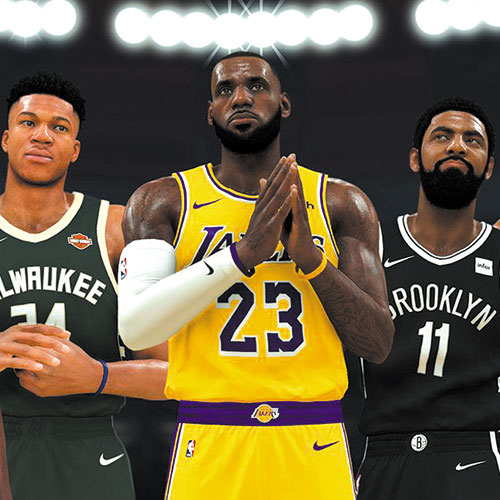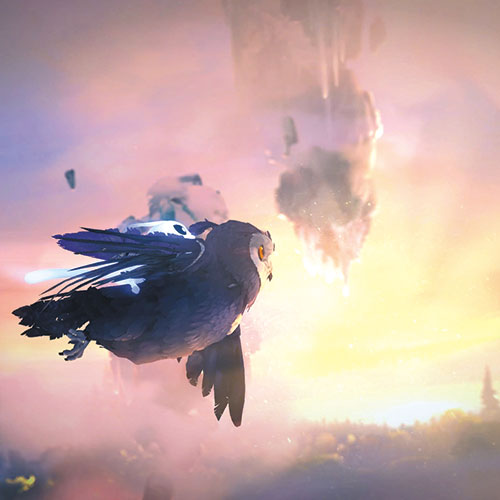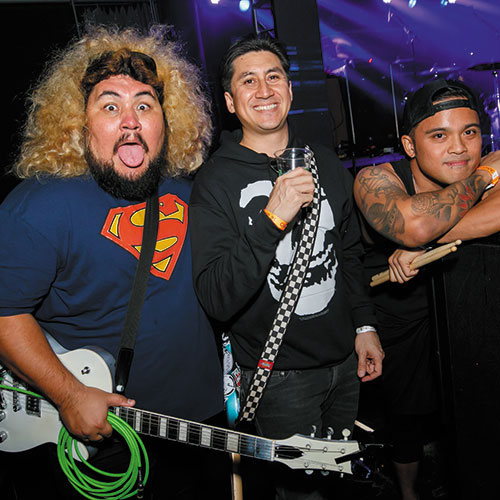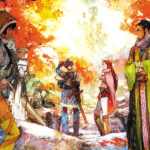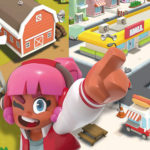Paige FTW: Storytelling Done Right
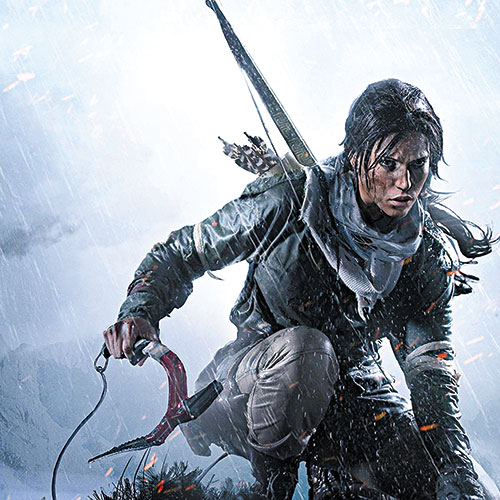
So, that Game of Thrones ending — that was sure something, wasn’t it? It sure was. It sure, sure was…
But we were talking about series that had a deft hand for writing, with characters that organically grow across stories in ways that feel deserved and natural.
Let me tell you: It was a lot harder to think of those rare beasts that I had thought it would be.
Mass Effect and Dragon Age are both too reliant on player-induced variables to offer truly coherent narratives. A series like Uncharted features characters that are largely stagnant (not that Nate doesn’t grow as a person between installments, but powerful story isn’t really the point here).
Then I realized I was kind of missing the forest for the trees.
The rebooted Tomb Raider trilogy doesn’t have a stellar story, but what it has done right is a thoughtful depiction of Lara Croft from naïve teenage to serious woman.
In the first game, she’s bright-eyed and headstrong, surrounded by a team of mentors and friends. When she’s thrust out on her own, she’s scared and deeply shaken by the violence she has to perpetrate to survive.
By the third game, her team has dwindled to one: Jonah (in her research notes, Lara sadly laments that her best friend from the first game, Sam, is no longer speaking to her). Lara is no longer notably moved by the violence she still has to execute — she’s altogether different: She’s jaded by it. She’s also developed something of a hero complex, her eyes skittering right past the lives in front of her for the greater picture of Mayan apocalypse.
It paints a picture of post-traumatic stress disorder in a way that was natural, realistic and has genuine, tangible consequences.
It also is, beneath the surface, a tragedy — one that surely is hidden behind every mass-murdering video game protagonist’s surface.




